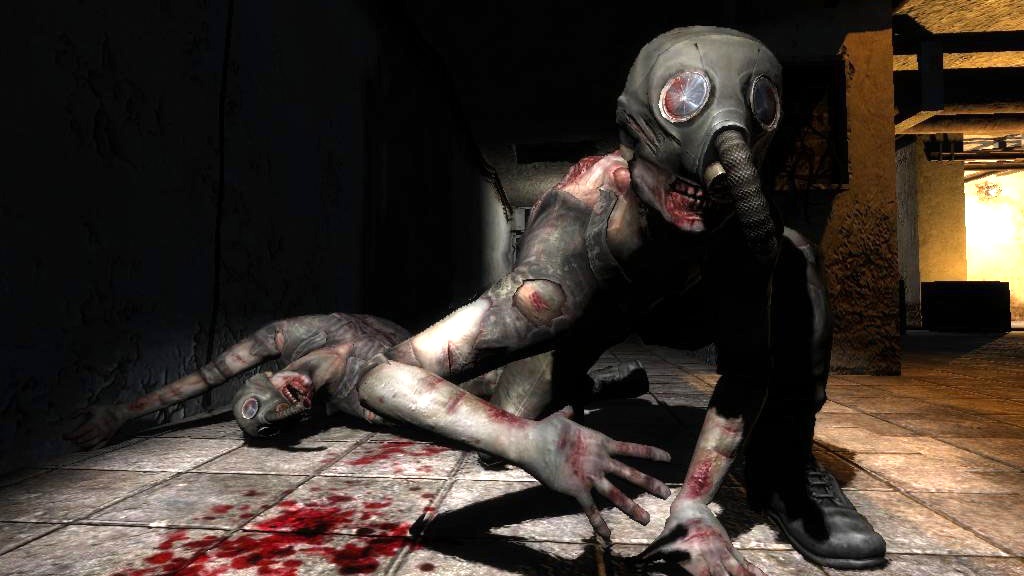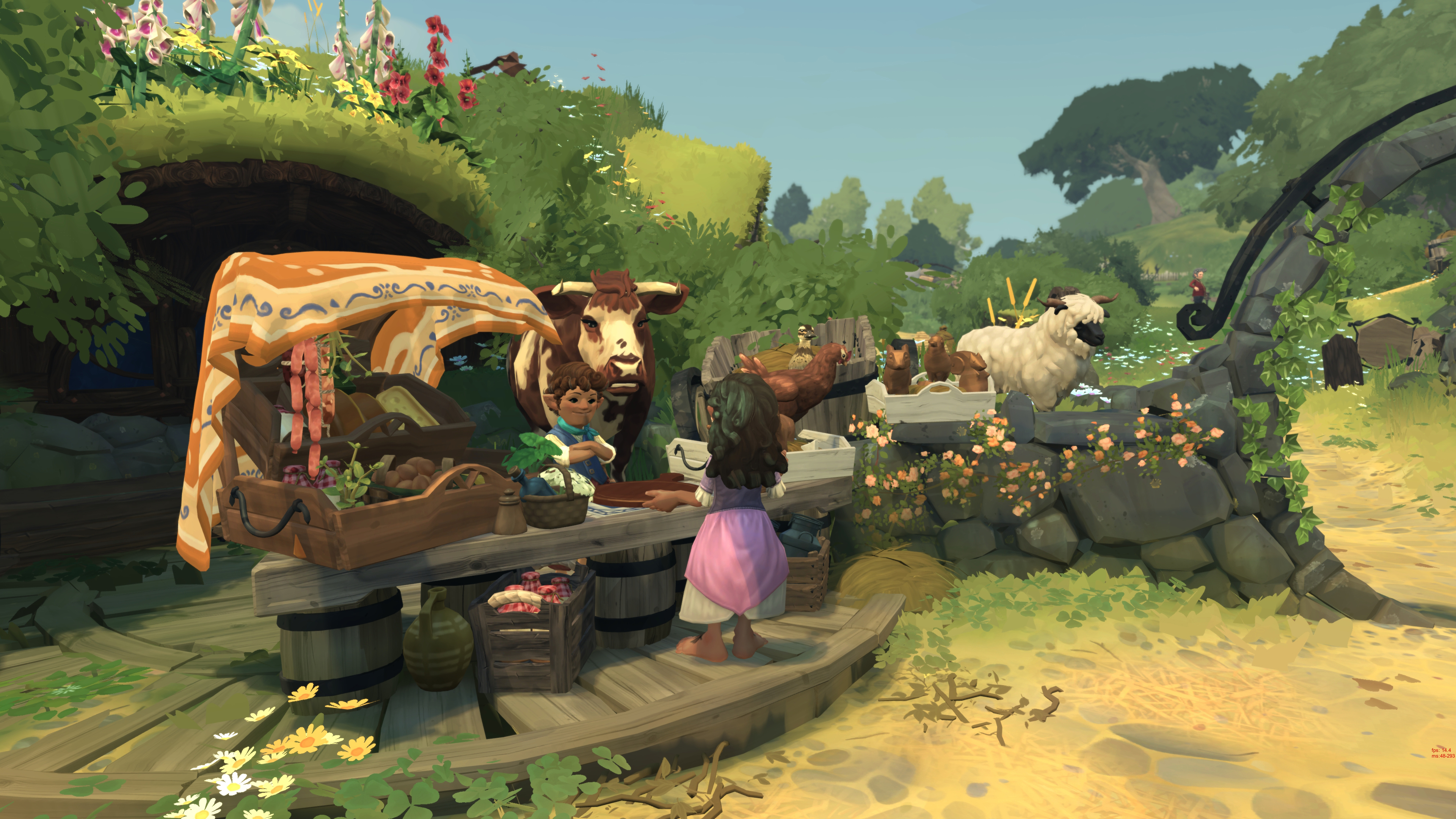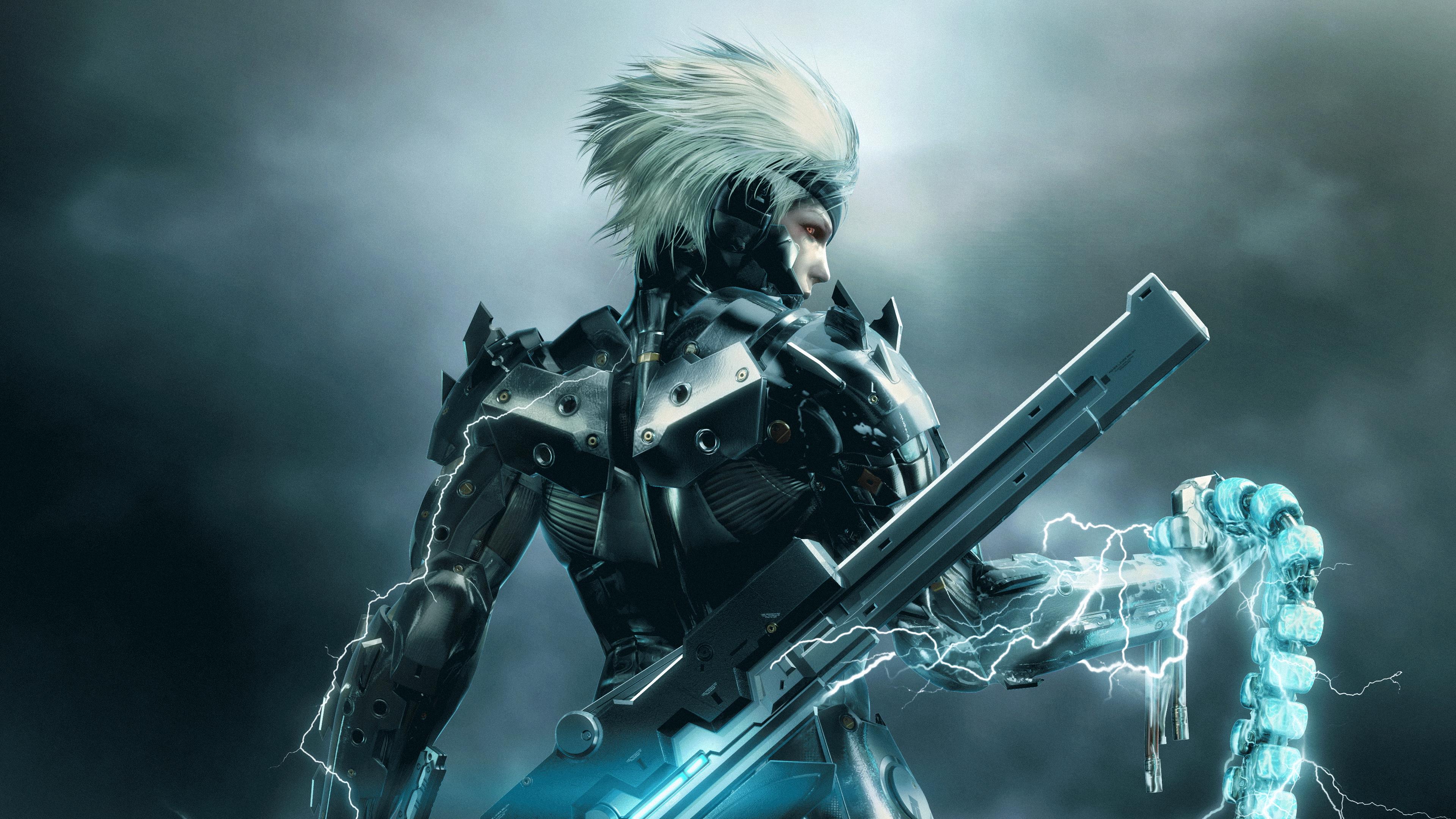
Striking Distance Studios is under fire for reportedly leaving developers out of The Callisto Protocol’s credits. Now, IGN’s own reporting corroborates the accounts that key names were left out of the game’s credits, and IGN has heard that issues with crediting on games directed by Glen Schofield date further back than just The Callisto Protocol.
In a report from gamesindustry.biz earlier this week, sources told the publication that an estimated 20 developers were omitted from The Callisto Protocol’s credits. IGN spoke to two former employees of Striking Distance Studios, both of whom worked at the company during The Callisto Protocol’s development, and have confirmed details from the report.
One of the employees we spoke to was included in the credits, despite working with the company for less than a year of Callisto Protocol’s development time. However, they told IGN that “some key folks weren’t added” to the credits.
“I can tell two people weren’t added to the credits,” the developer tells IGN. “One of them, I have a feeling it was because of drama within the department itself and that’s why they weren’t added. But the other one, I’m shocked because they worked on some key elements and had started coming up with design features that are in the game today, but they aren’t in the credits at all.”
This former employee suggested the blame could fall on the department leads, rather than the higher-ups at Striking Distance Studios, like CEO Glen Schofield. This source says that higher-ups don’t know everyone who came and went from Striking Distance Studios because of the high volume of turnover during Callisto Protocol’s development.
However, our second source does place some of the blame on Schofield. This former employee says they worked at Striking Distance Studios for over a year and were left out of The Callisto Protocol’s credits.
“It feels really awful to be left out of the credits for these games. It is hard to describe just how bad it feels, because it cannot be corrected. These discs are out there in the world, and there isn’t a server-side hotfix that can be released that will magically make all the time and effort I spent suddenly be recognized. It may be simple carelessness or a lack of follow-through, but I think that is emblematic of their general stance toward their employees — just an afterthought.”
This source also has experience working with Schofield at the director’s former studio, Sledgehammer Games. According to this developer, crediting issues date back to the last few games Schofield directed before The Callisto Protocol. Namely, a trio of Call of Duty titles: Modern Warfare 3, Advanced Warfare, and WWII.
“I worked for Glen Schofield for [multiple] years at Sledgehammer Games and I heard similar rumors of people left off the credits of Modern Warfare 3… From my own experience I can verify that people were definitely left off the credits of Call of Duty: Advanced Warfare”.
According to this source, the Narrative Producer on Advanced Warfare “received explicit orders from Glen and [Sledgehammer’s] Michael Condrey regarding the content of the credits.”
This source says their biggest personal snub was for Call of Duty: WWII.
“I worked almost two full years on Call of Duty: WWII and was left off of the credits, simply because I left the studio before the game shipped — even though I’d worked like hell for that company and on that game.”
Striking Distance Studios has previously dealt with criticism for Schofield’s comments on a possible crunch culture at the company. In a now-deleted tweet, Schofield wrote, “We are working 6-7 days a week, nobody’s forcing us. Exhaustion, tired, Covid but we’re working. Bugs, glitches, perf fixes. 1 last pass thru audio. 12-15 hr days. This is gaming. Hard work. Lunch, dinner working. U Do it cause ya luv it.”
Schofield went on to apologize for putting his team through crunch, saying, “at the end I messed up and we worked more than we should have. That one got away from us”.
The former employee with experience at both Striking Distance Studios and Sledgehammer has told IGN that crunching on Schofield-directed games dates back to the Call of Duty days.
“People were 100% rewarded for simply working all day every day including weekends, and it was heartily encouraged. This problem was exacerbated by the discretionary bonuses we were all chasing. There was no way to tell how the bonuses would be decided… So people would just burn themselves to the core in order to hopefully be viewed as providing the kind of service that the studio’s heads were looking for.”
IGN reached out to Striking Distance Studios for comment but has not heard back as of publish time.
Logan Plant is a freelance writer for IGN covering video game and entertainment news. He has over six years of experience in the gaming industry with bylines at IGN, Nintendo Wire, Switch Player Magazine, and Lifewire. Find him on Twitter @LoganJPlant.







